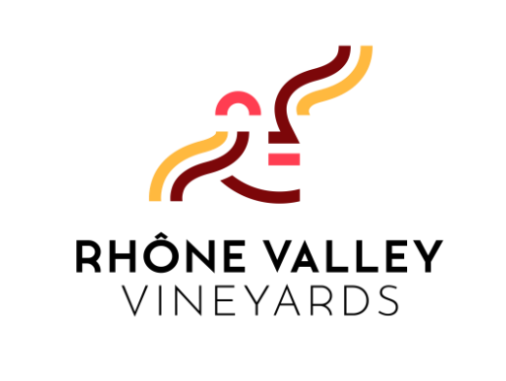Should wine writing be about attempting to put flavour into words or is it, in the words of Adam Gopnik “a series of elaborate plausible compliments paid to wines”? Henry Jeffreys considers the lexicon. ‘What do you taste? Remember there are not right or wrong answers’ ‘Mmmm, I think it’s a little feminine’ ‘Wrong!’ In the last few years, the language used to describe wine (and other drinks like whisky) has become contested. It’s changing so fast that it can be hard to keep up. This hypersensitivity about which words you can and can’t use has been combined with a drive to make the subject as accessible as possible – leading to the entirely hypothetical exchange above. On one hand, we’re told that everyone is welcome but use a term commonly used in wine-producing countries and you may find yourself slung out of the tasting. In the past wine was described in hierarchical terms beloved by the British and indeed French ruling classes. Michael Broadbent’s notes are full of references to wines with ‘breeding’ as if it was Crufts not Bordeaux. Read Denis Morris’ Daily Telegraph Guide to the Pleasures of Wine and you get glorious guff like this: “Le Chambertin is unquestionably the King of the Royal Family of the wines of Burgundy. Few Kings have all the virtues and none all the qualities, but this is a regal wine with qualities as outstanding as the great wines of Vosne-Romanee, Vougeot or Aloxe-Corton, and someone a further greatness
This Article was originally published on The Drink Business - Fine Wine







